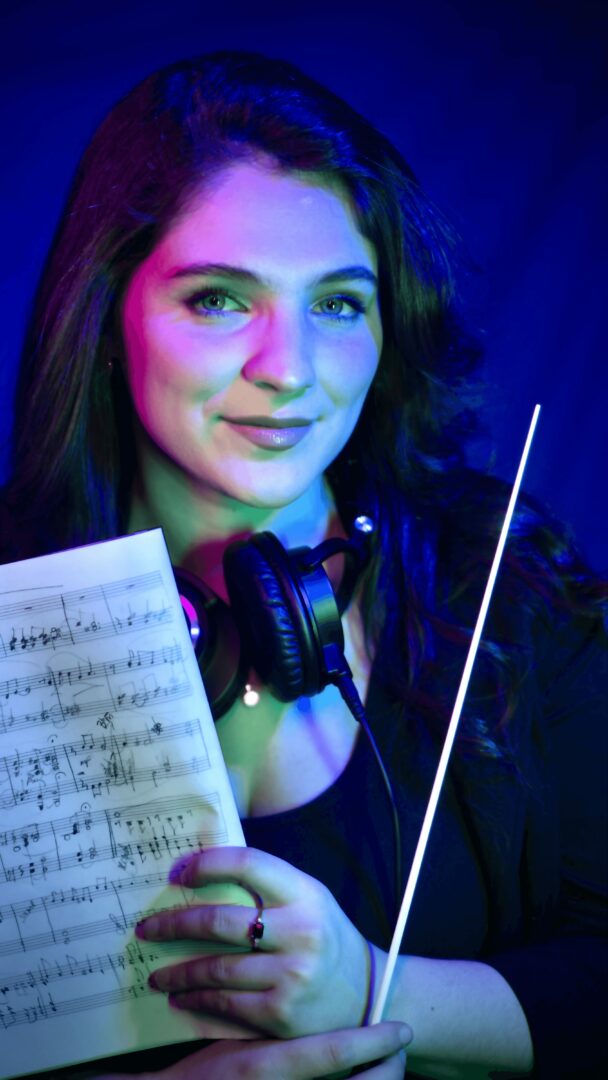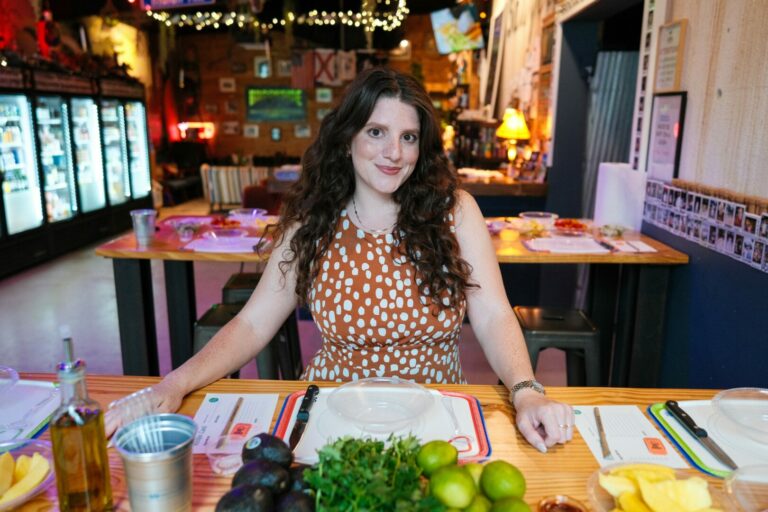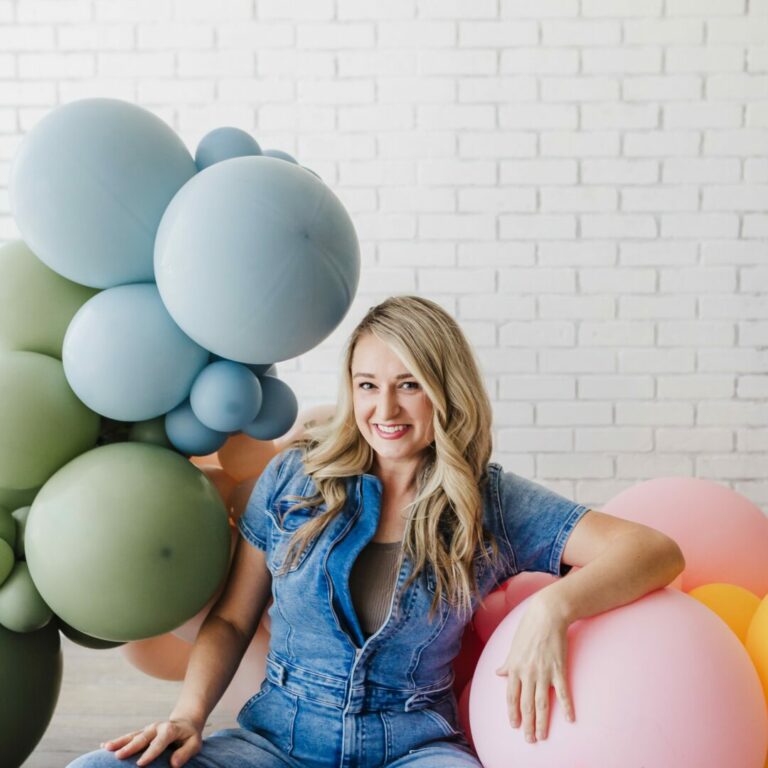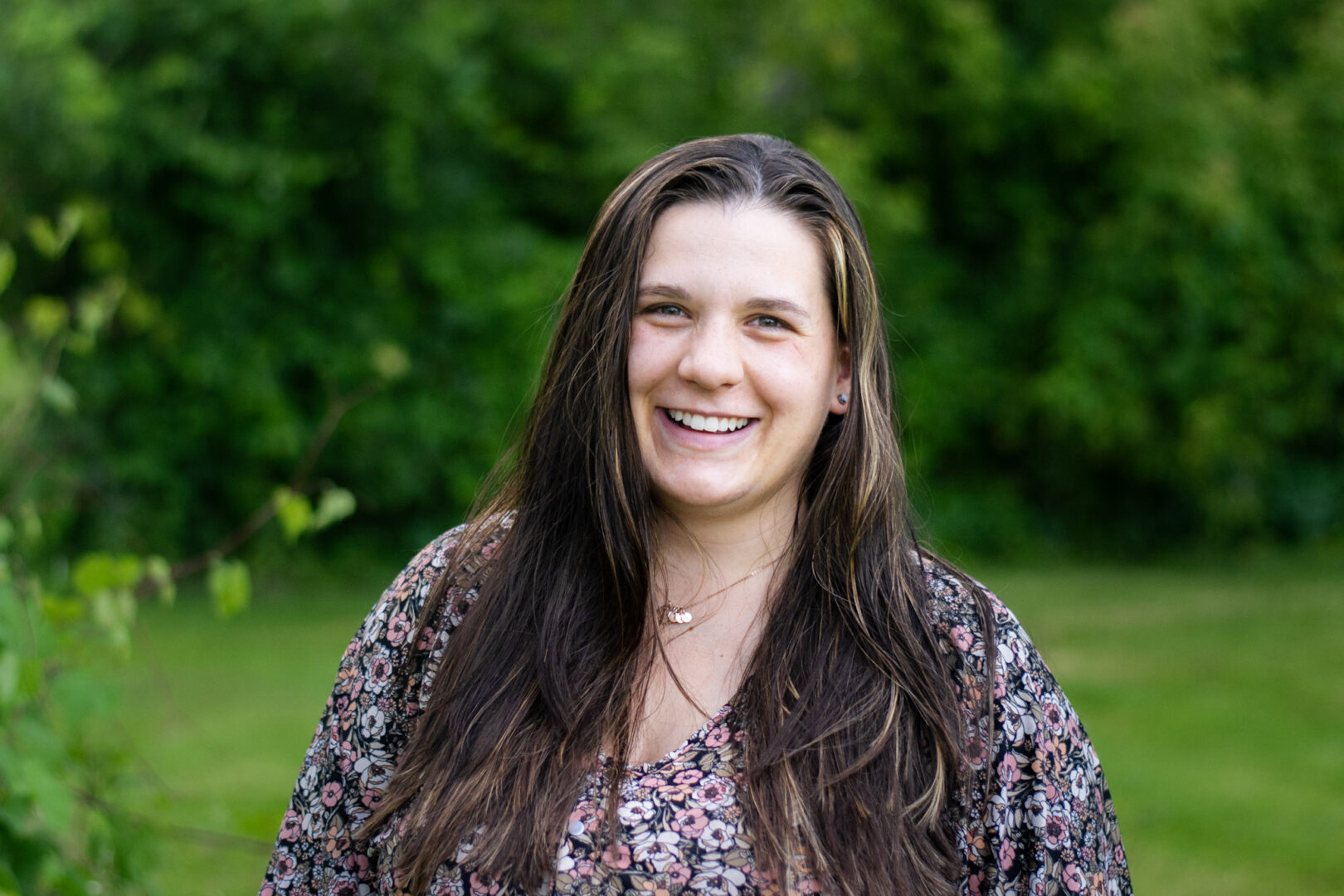Alright – so today we’ve got the honor of introducing you to Morgan Kelly Moss. We think you’ll enjoy our conversation, we’ve shared it below.
Morgan Kelly, so good to have you with us today. We’ve always been impressed with folks who have a very clear sense of purpose and so maybe we can jump right in and talk about how you found your purpose?
The path to finding my purpose was long and meandering, with many pit stops, roadblocks, and jumpstarts along the way. Being a woman in the field of composition and film score was not something I ever thought I would or COULD do, and I would not be where I am without the people and situations that have guided me. In many ways I have them to thank that I figured it out at all.
I have always known that I wanted to help people, and while that may seem purpose enough, figuring out exactly what that meant for my career was a challenge. I played piano by ear from a very young age, began lessons at 4 years old, and music was always my favorite creative outlet. It was not until I was a bit older that I truly fell in love with it. I remember being about 7 years old sitting on the floor in front of my TV watching the end of E.T. and, not having watched the rest of the movie, was left in tears by the end. Not by the story or the characters, but by the music that moved them. It opened a door into the world of John Williams, which gave way to Michael Giacchino, Howard Shore, Debussy, Rachmaninov, and so many others.
A bit later, I remember looking up at the “wall of great composers” in my sixth grade music classroom and wanting to be the first female face to be allowed on it. I felt that summoning sensation very early on– I wanted to be on that wall next to them. The call was clear but I pushed it down, not really understanding why at the time.
In 7th grade, we took a test called “What’s Your Career?” My answers were filled out honestly, and three paths popped up for me; a teacher, an artist, and a film/media composer. I thought it had to be wrong, I must have messed up the test, I couldn’t be a composer or a film scorer. I still kept pushing away that call for a reason I still could not place my finger on.
In the next couple of years, I taught myself guitar with no method book and as much classical piano repertoire as I could read (which was less than I would have liked without a classical piano teacher), discovered I could sing and landed the part of Ariel in “The Little Mermaid” on my first ever theater audition, music directed our middle school production of “Hello Dolly” the year after, and learned flute in under a week, which my band director was shocked by. Other students called me a “prodigy.” I always told them not to use the “p-word.”
In eighth grade, I wrote an arrangement of Stravinsky’s Firebird for my middle school band with myself on piano, which we actually performed at our spring concert. Being thirteen years old at the time and never having taken a single composition lesson, I didn’t understand how NOT NORMAL that was for someone my age. Still, it did not occur to me, nor anyone else in my life, that I should be a composer.
It was only after starting college at Temple University for piano performance, thinking I would be the teacher I desperately needed when I was young to someone else, that someone finally TOLD me what I needed to do. I took a composition course where we shared our projects in class, and upon completing my midi-mockup over the speakers for everyone, the teacher drew a long silence, staring at the score, blinked ten times, and then exclaimed “holy sh*t.” The class laughed and I covered my face, smiling mostly of embarrassment behind my hands. I told him after class that I loved film scoring for my friends in high school and loved writing music. I asked if I should look into getting a composition minor. As a relatively wishy-washy teacher, seeing everything in shades of gray, he almost scared me when he stated emphatically “yes, yes, yes!” In a way, I was lucky– the university no longer offered a minor in composition, so I ended up getting a double major in composition and piano performance, graduated magna cum laude, and did it all in four years.
So why this long story?
It is because now, I can see where the problem lies. When we expose young people to the historical biases that society has created, we perpetuate them, whether we mean to or not. When we show them that every “great composer” has been a man (and a european, caucasian one, at that), we show them what they think is their future, especially because they are so incredibly impressionable. That is why I pushed down my true calling from a very young age– I thought subconsciously, “no, not me, you’re sending for the wrong person.” Many adults in my life couldn’t see what I might become because they did not see the image of little Wolfgang, writing miniatures and wooing audiences, they saw a little girl drawing dots and lines, using the piano lid as a table. It is to no fault of their own that the image most people see when they hear the word “composer” is one of a man. I think my life would be very different if I fit that image, and I am not the only one. Actually, I feel incredibly lucky that despite all of the invisible walls in the way, I still came around to answer the call.
Additionally, the usual issues of BEING a woman plague the pathway to being a musician, especially a composer. Young girls (at least in my experience) are taught to be polite, quiet, agreeable, dress in pretty clothes, play with dolls, don’t question anything, be humble, never ever boast, and under no circumstance draw ANY sort of attention to yourself because that is not ladylike. Many of us are taught to be apologetic in our very state of BEING. I didn’t want to draw attention, or really be noticed at all. The irony is, a composer’s livelihood literally hinges on being noticed! I HATED when people called me “prodigy,” because if I accepted it, I would no longer be humble, and I physically could not make myself say that I was good at what I did. I even have trouble doing that now. Learning how to be a great artist has also meant re-learning how to live without apology, to accept that people might not think it is very “ladylike,” and knowing that is okay.
Underneath my devotion to be a composer and film scorer, I am extremely passionate about educating children and young adults, especially those who might not have any sort of female role-model in composition or music to look up to. I want to SHOW them (not just tell them) that a woman can do anything– that a woman can be a composer. A woman can write film scores, great ones. And maybe someday, that a woman’s face can also live on “the Wall of Great Composers,” and that they can see their own living there, too.
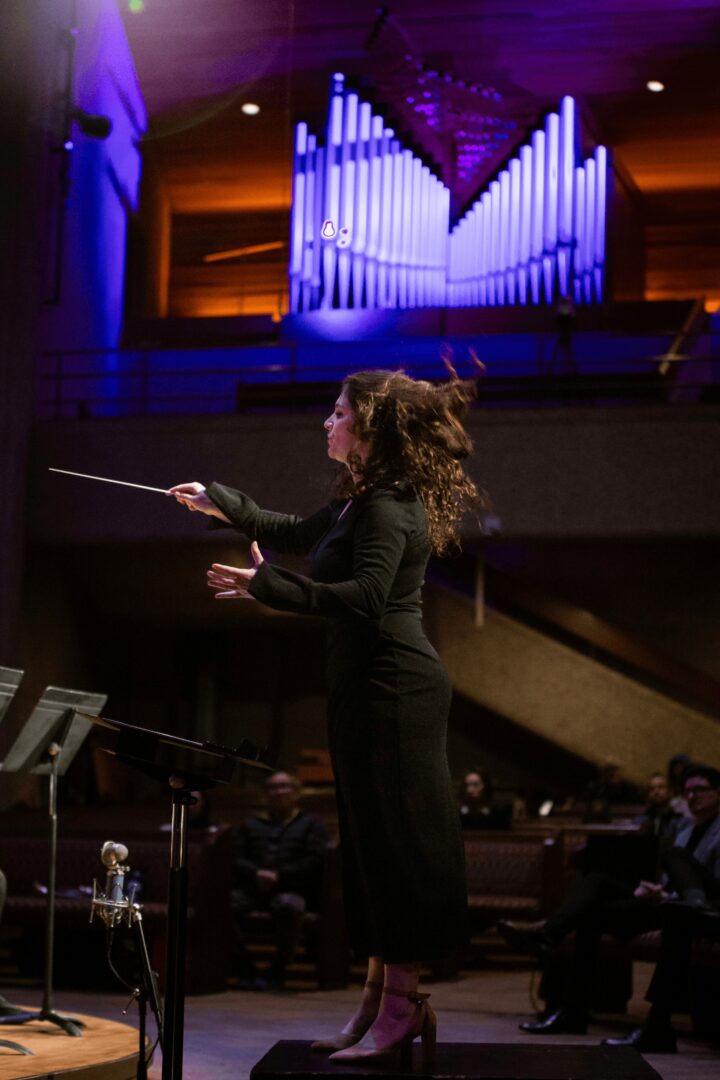
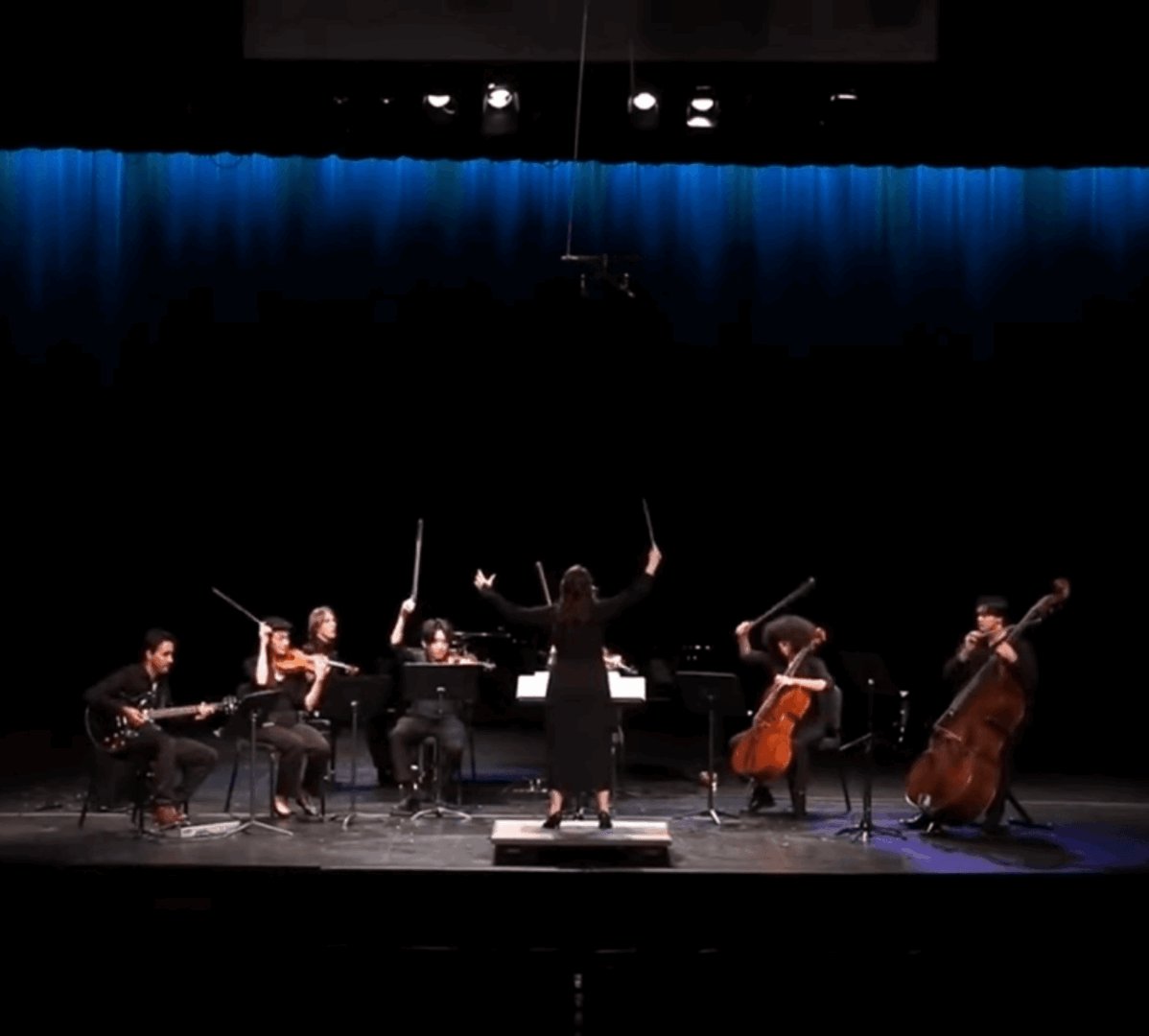
Appreciate the insights and wisdom. Before we dig deeper and ask you about the skills that matter and more, maybe you can tell our readers about yourself?
I am a composer, film scorer, pianist and educator, which are all extremely exciting avenues, but when all is said and done, I always want to help others. Whether its a director looking for a composer to help affect their audience in the right way, a college wind ensemble looking for new repertoire, creating music that brings joy to others when we sometimes desperately need it, or a child who needs a compassionate teacher to help them (with maybe more than just how to play the piano), I want to be there for those people.
It is for this reason that I am also proud to be the founder of Everywhere Music Company, an online music school which specializes in low prices and top-notch teaching. I got the idea when I moved to LA and realized how much time I was spending in the car and how impossible that must feel as a parent… thus, the idea for travel-free music lessons was born! We offer lessons in a variety of areas such as piano, voice, trumpet, flute, jazz vocals, mixing, composing, and much more. You can contact us here if you are interested in lessons; https://everywheremusic.wixsite.com/everywhere-music-co?fbclid=IwY2xjawEoZ59leHRuA2FlbQIxMAABHf0g0yraD6pXMpK-LDrszBlWGQSziFvGIFqzPKN22QCQYMLkvFZqlI3q-g_aem_UuNgbAWxxDNl5R479jr0zQ
I am also thrilled to be a part of the Unprecedented Music Association (UMA for short) as the Treasurer and Director of Development. UMA is a non-profit organization built by composers and musicians dedicated to bringing joy, beauty, and fresh experiences to audiences of Southern California through performances of new music. We believe that composers, musicians, and music should not be constrained by preconceived philosophies of genre, labels, and academia, that the diversity of our experiences and backgrounds as musicians enriches and inspires artistic creation, and that creating a platform for young artists to have their voices heard is the vehicle by which true progress in the arts is made. We strive to create musical experiences that enrich the lives of all audiences, regardless of their level of musical experience. Look out for more from UMA this fall and later in the spring of 2025 for our orchestral debut concert!
https://www.umamusic.org/
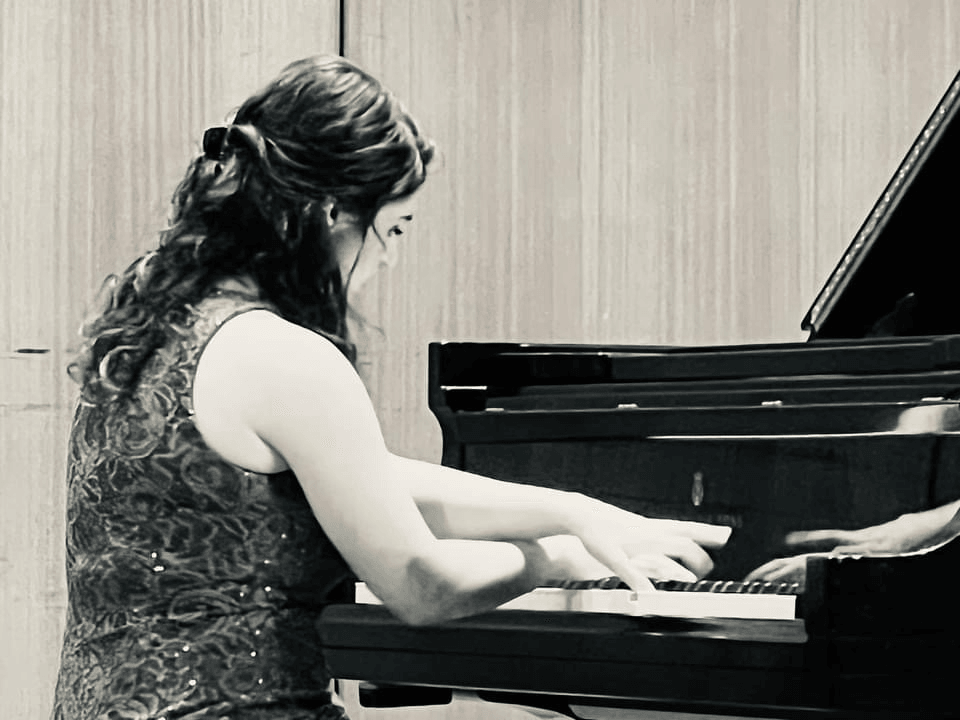
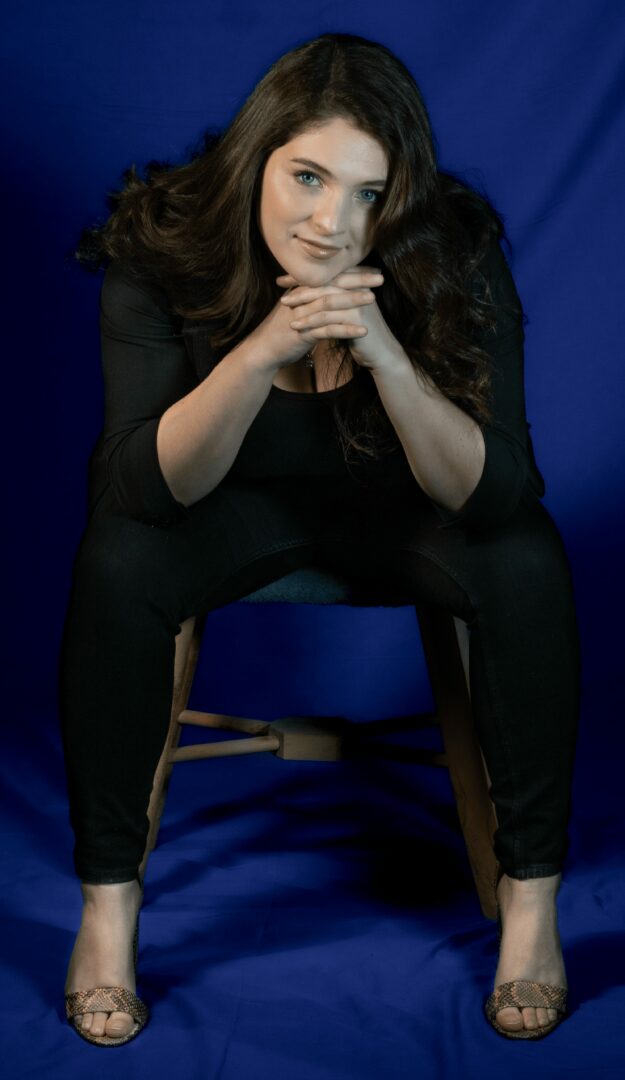
If you had to pick three qualities that are most important to develop, which three would you say matter most?
“Say yes to everything!” Okay maybe not EVERYTHING, but the jist of this saying helped me to find my limits and what I truly want to do in my life. I’ve said yes to things that have not worked out at all and come to terms that it wasn’t meant for me, and I’ve said yes to things I didn’t think were aligned with what I wanted but ended up being exactly what I needed. Being a jack-of-all-trades does not come easily, but this is how you do it. Just say yes.
“There is no such thing as ‘failure.’” When things go wrong, we have a choice: to accept it as a loss, or accept it as a chance to become even better. I burned out at the end of my undergrad in a big way, and instead of taking a gap year, chose to keep pushing on toward my master’s degree, not really understanding what burnout really WAS at the time. That first year of my master’s degree could have been so productive, but I just could not figure out how to recover, and ended up being my least productive year to date. Eventually I started to figure out the activities and routines I needed to start rebuilding, and I have now learned that the best place to start building a strong foundation is rock bottom. So, I could look at that as losing an entire year of my master’s degree and spending a long time recovering when I could have just taken a gap year, OR, I can look at it as a year spent learning how to recover from burnout, creating new routines for myself which are now my strong foundation, and how to avoid burnout in the future. Ironically, the aftermath of the burnout was the creation of Everywhere Music Company… it wasn’t such a failure after all.
“Fear is an emotion that really cares about you and wants to protect you, but we have to learn how to soothe it when it is not helpful.” When I started Everywhere Music Company, I was terrified. I didn’t know how to run a business, or how to market it, how many people would be interested, if it would be a spectacular public embarrassment… but all those thoughts were trying to protect me from something that would never actually hurt me. I was worried the business would simply fail, but really, what was the big deal if I “failed?” I wouldn’t lose any money, I could only gain it by trying this to see if it worked, I would be helping my community and others by offering these high-quality lessons at flexible and cheaper costs, and I would learn new skills like paying taxes on a business all by myself. Another great example of saying yes to everything– I never would have been asked to be the Treasurer and Director of Development at UMA if I had not already harbored these skills.
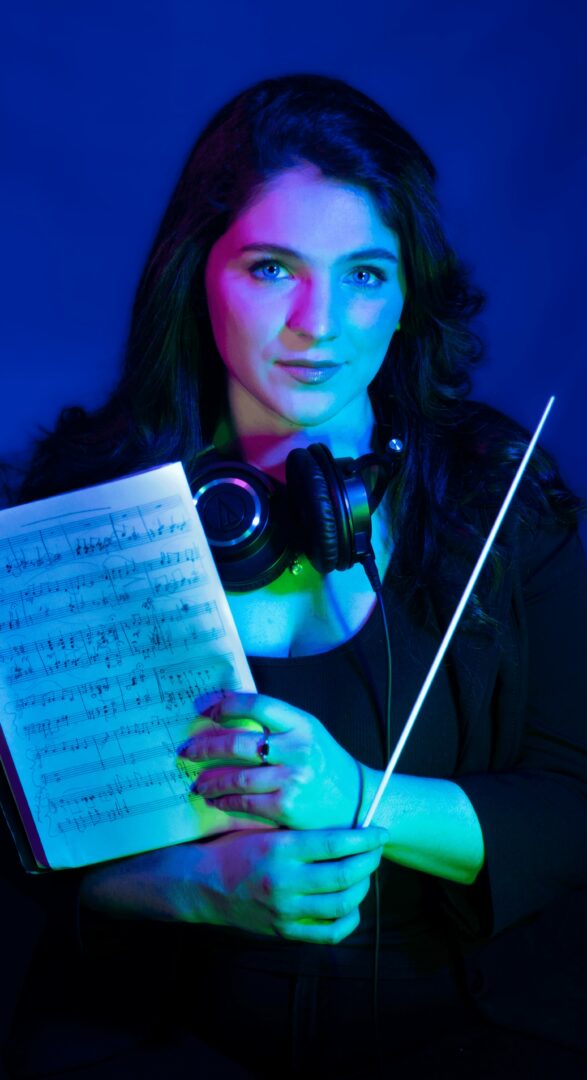
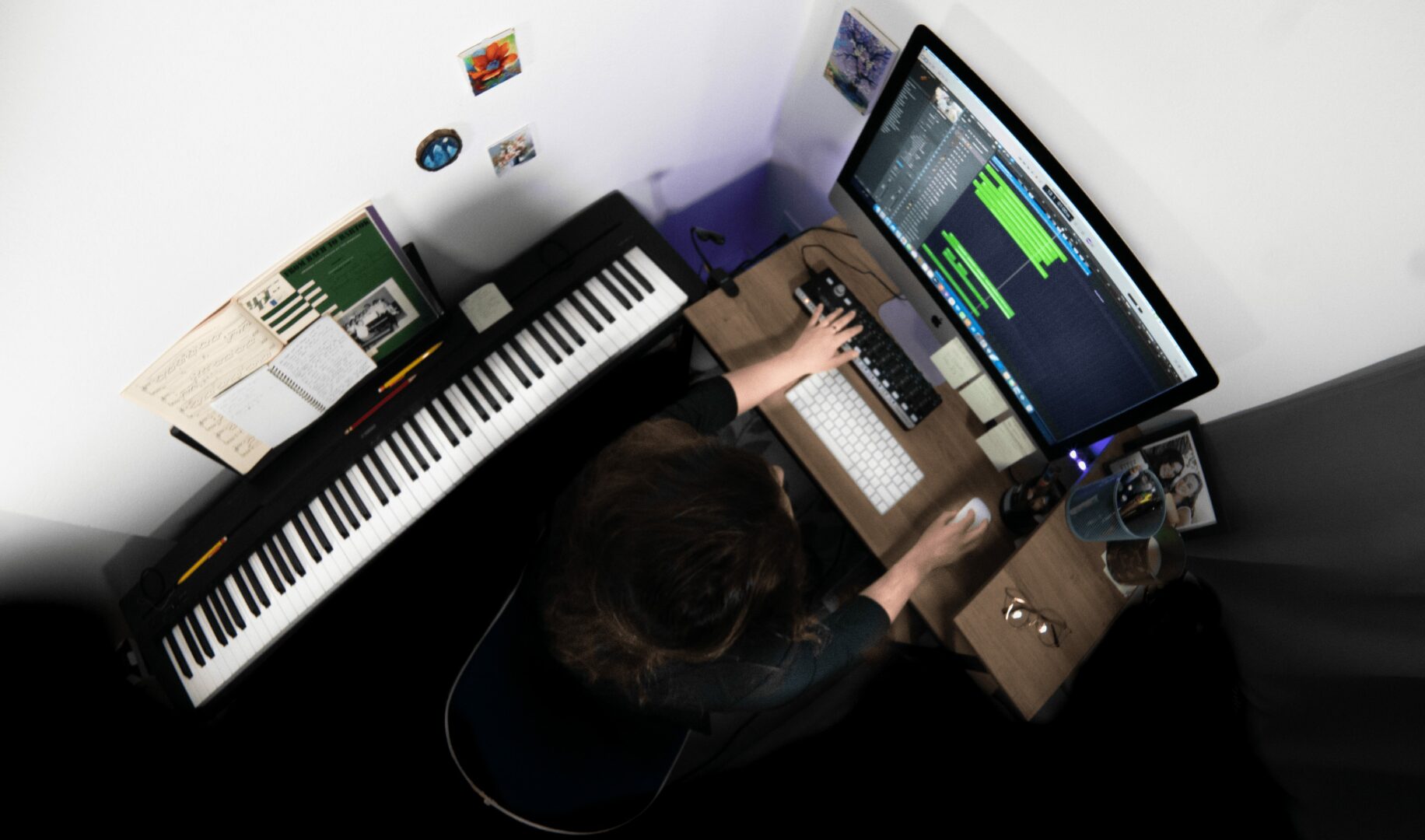
Do you think it’s better to go all in on our strengths or to try to be more well-rounded by investing effort on improving areas you aren’t as strong in?
I’ll answer this question with a question: would you hire the handyman with only one gigantic hammer, or the handyman with a full toolbox and a regular sized hammer? Of course you will always be stronger in some areas than others, but it’s all about going with your gut. Most people are WAY more talented than they realize because it’s hard to give things a chance knowing you might not be great at first. Being well-rounded is less about investing time into things you’re NOT good at, but more following your interests and giving yourself a chance on things you don’t already feel super confident in. If you are looking at a job that requires a bigger hammer than you have, be excited about the opportunity to make it bigger! Maybe you will become more specialized in this area, but you will never lose the skills you gained learning how to use all the other tools, and that always comes in handy. And of course, never be afraid of a hobby. They are more helpful than anything else. In the words of my mentor and composition teacher Richard Danielpour: “In all you do, if you do it always from a place of love, not from a place of fear, you can never go wrong!”
Contact Info:
- Website: https://mkmorgan00.wixsite.com/website
- Instagram: https://www.instagram.com/morgan.kelly.moss/
- Facebook: https://www.facebook.com/morgan.moss.75839/
- Youtube: https://www.youtube.com/@morganmoss9481
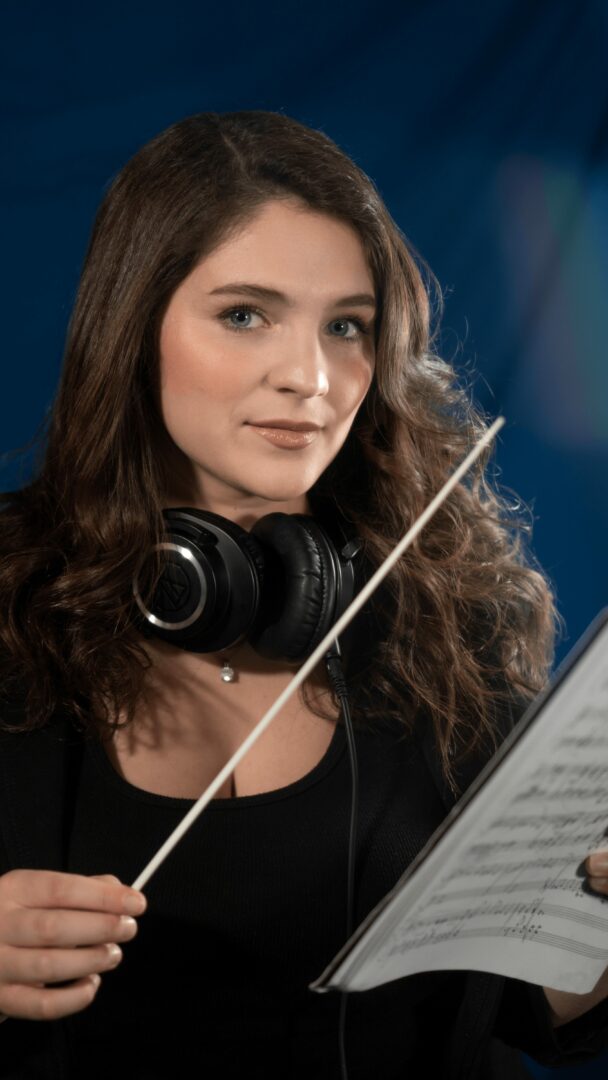
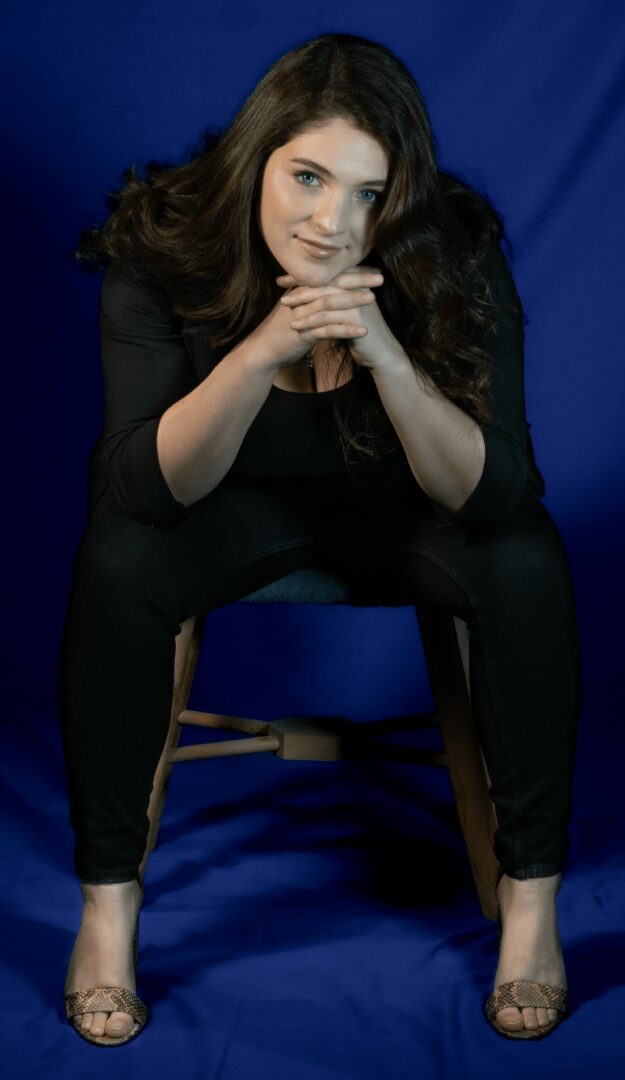
Image Credits
Oliver Snook (excludes conducting pictures and piano playing picture)
so if you or someone you know deserves recognition please let us know here.

